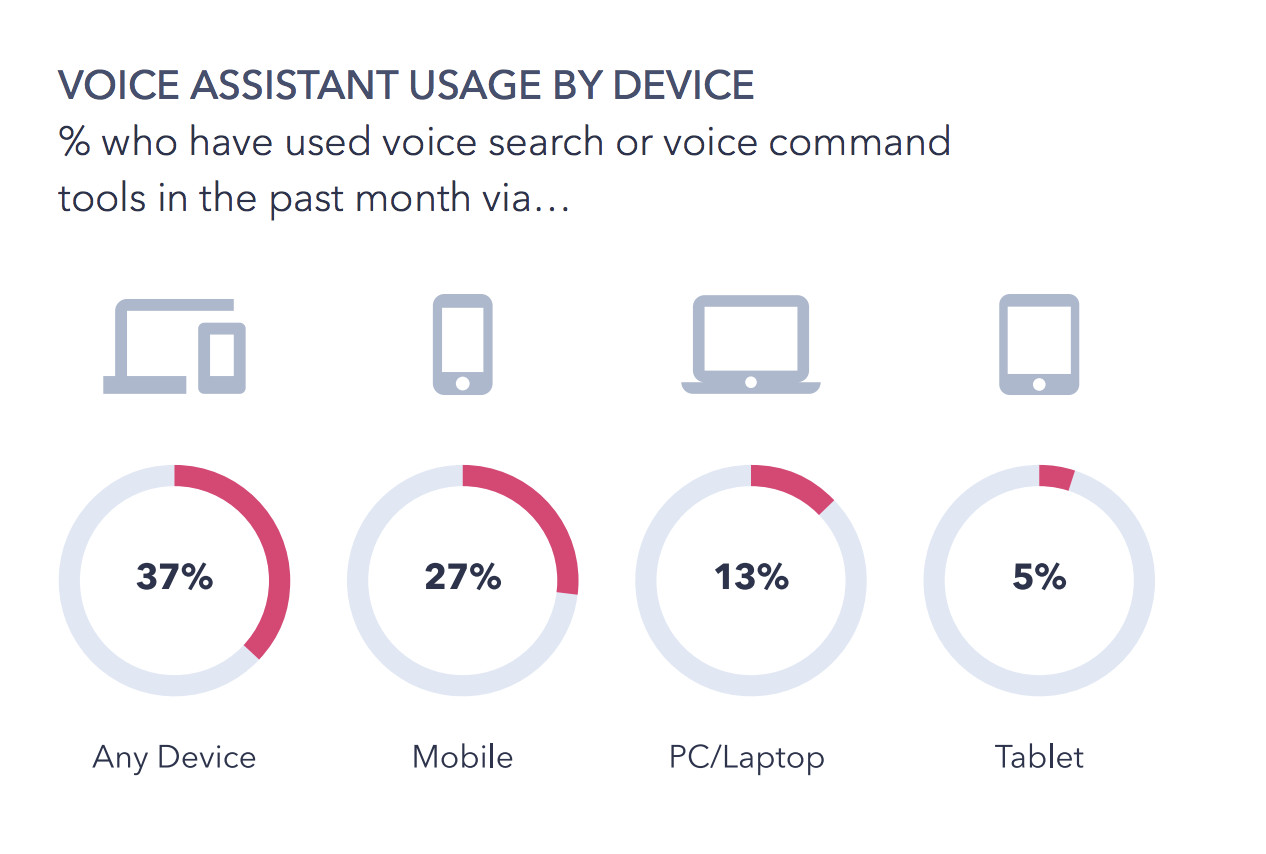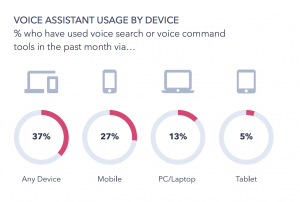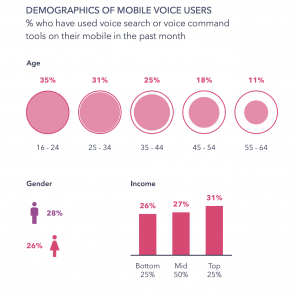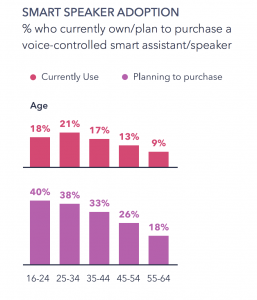More on Bixby and SDC 2018
As they say, sometimes is better to wait to report on some news. I feel the episode of Bixby on Wednesday could’ve wait until yesterday, when I was going to the Samsung Developer Conference and will get more context and details. If you didn’t listen to yesterday episode for some reason here’s the summary: Samsung opened Bixby for developers, we were part of the developer Beta program and VoiceFirst Weekly now has a capsule. The words game changing were said. Perhaps, I didn’t completely understood my own words on Wednesday. When I was at SDC yesterday, I realized, Bixby is definitely and completely going to change the voice game. You might ask, didn’t you said you developed capsules for Bixby already? Yes, we absolutely did. They are in the Bixby showcase page. The thing is, as I said, Samsung might be rushing it a little to enter the race. As such, some things I saw first hand at SDC were not promoted in the documentation. Maybe they wanted to unveil it during SDC. The truth is I saw this camera putting some makeup on my face, then showing me a list of the same lipsticks or mascaras and then showing a list of places where I could buy them, right there. I saw Bixby recognizing a bottle of wine and showing reviews, prices. Read signs and translate them right there from the camera.
This was all part of Bixby Vision a Samsung S8+ app (some features are only S9+) powered by image recognition. I have read reviews that sometimes Bixby is not as accurate as other smart assistants in speech recognition, but all these features, combined with the ability to learn is a powerful point in favor of Bixby. All of that is now open for developers to interact with.
Among the other announcements in SDC was the coming Marketplace for Bixby capsules in 2019 and the expansion to five new languages in the coming months. I think I’m saying Samsung might have figure out multimodal commerce right there in the faces of everyone. Without AR or VR, just the camera. Certainly Bixby is here to change the game, plus we can not ignore all the phones and appliances Samsung makes. They even have HARMAN, the market leader in connected car solutions.
Bixby is coming to everything.
I’m Mari, this is VoiceFirst weekly flash briefing. You can find me on Twitter as @voicefirstlabs and on Instagram as @voicefirstweekly. Happy Friday and I’ll talk to you tomorrow!
Here is a video of my interaction with Bixby vision:




